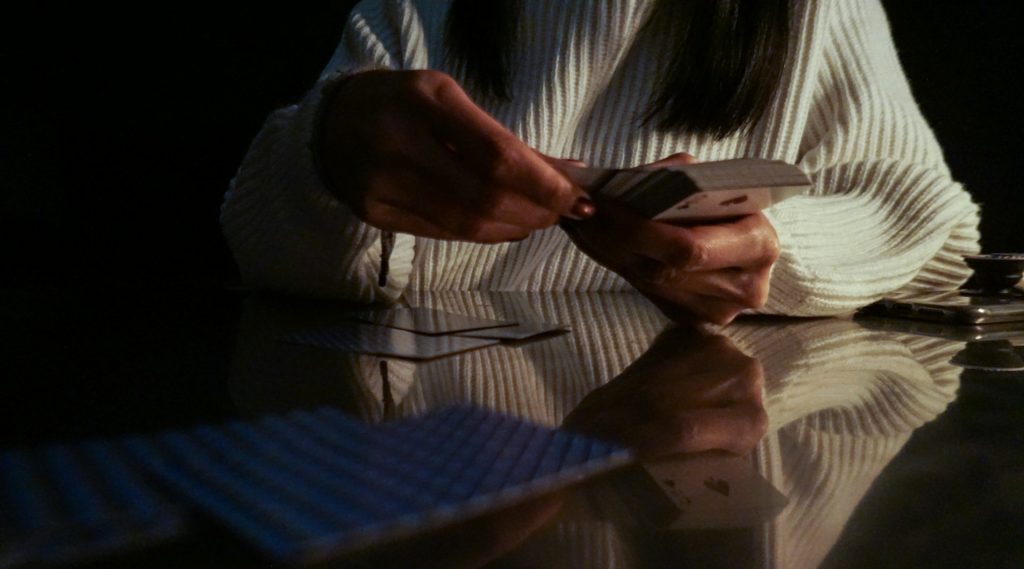Blackjack, a timeless classic in the realm of casino games, captivates players with its blend of strategy, luck, and suspense. As players strive to beat the dealer and reach the illustrious 21, it’s crucial to comprehend the inherent advantage the dealer holds in this exhilarating game. Let’s delve into the nuances and dynamics that contribute to the dealer’s edge in blackjack.
The Nature of the Game
Before dissecting the dealer’s advantage, it’s essential to grasp the fundamental dynamics of blackjack. In this game, players compete against the dealer, aiming to achieve a hand value closer to 21 than the dealer’s hand, without exceeding it. Each player’s decisions, such as hitting, standing, doubling down, or splitting pairs, are influenced by their assessment of the dealer’s potential hand and the probability of busting.
The Dealer’s Role
In the hierarchy of blackjack, the dealer assumes a pivotal role that distinguishes this game from others. Unlike games where players solely compete against each other, such as poker, blackjack players confront a unified adversary represented by the dealer. This singular opponent introduces an asymmetrical dynamic, where players’ decisions are contingent upon the dealer’s actions.
Advantageous Rules
One factor contributing to the dealer’s advantage lies in the game’s rules, particularly regarding the dealer’s actions. In most variations of blackjack, the dealer follows a set of fixed rules governing their play, typically requiring them to hit until they reach a designated hand value, often 17. This predetermined protocol reduces the dealer’s decision-making complexity, providing them with a strategic advantage over players who must weigh various factors before acting.
House Edge
Central to understanding the dealer’s advantage is the concept of the house edge, which represents the statistical advantage the casino holds over players in a particular game. In blackjack, the house edge primarily stems from the payout structure, where players are typically paid at a ratio of 3:2 for a natural blackjack, while the dealer receives only a 1:1 payout for their wins. This discrepancy tilts the odds in favor of the house over the long run, contributing to the dealer’s inherent advantage.
First-Mover Advantage
Another facet of the dealer’s edge lies in their positional advantage as the first mover in each round of play. Since players must act before the dealer, they face the dilemma of making decisions based on incomplete information, as they can’t anticipate the dealer’s eventual hand. This asymmetry grants the dealer a strategic edge, allowing them to exploit players’ uncertainty and potentially force them into suboptimal decisions.
Psychological Factors
Beyond the structural elements influencing the dealer’s advantage, psychological factors also come into play. The dealer’s position as a representative of the casino imbues them with a perceived authority, which may subtly influence players’ decisions. Moreover, the inherent suspense of blackjack, amplified by the dealer’s pivotal role in revealing their hand last, can evoke emotional responses that may cloud players’ judgment, further bolstering the dealer’s advantage.
In the intricate tapestry of blackjack, the dealer’s advantage emerges from a confluence of structural, strategic, and psychological factors. From the asymmetrical dynamics of player-dealer interaction to the statistical edge conferred by the house rules, understanding the nuances of the dealer’s advantage is essential for players seeking to navigate the complexities of this beloved game. By recognizing and appreciating the dealer’s edge, players can refine their strategies, enhance their decision-making, and elevate their blackjack prowess to new heights.

